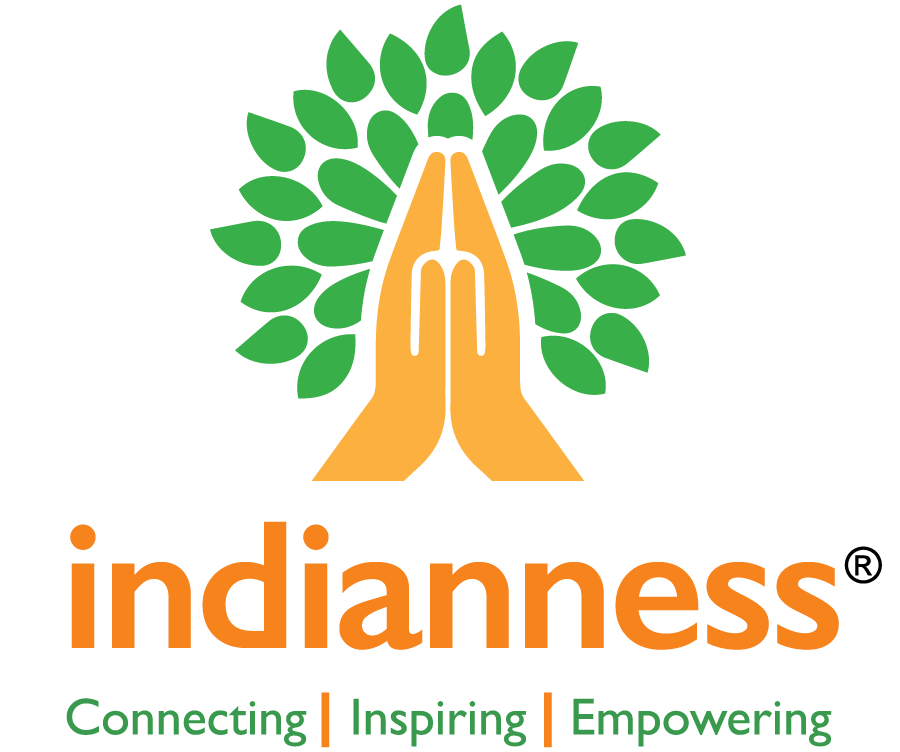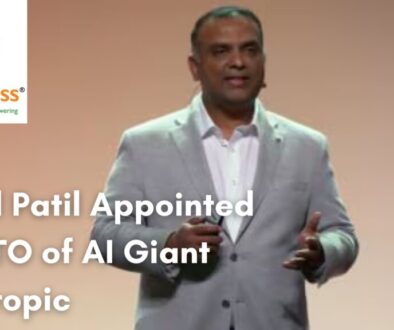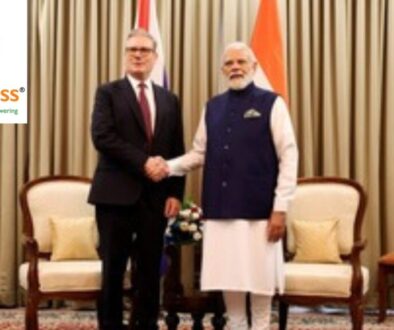IIT Madras Takes on AI Bias: Building Datasets for an Indian Reality
As artificial intelligence becomes increasingly embedded in our daily lives, a critical question emerges: are these technologies truly understanding our diverse world, or are they perpetuating hidden biases? Researchers at IIT Madras are tackling this challenge head-on by developing specialized datasets designed to train language models for the Indian context and detect culturally specific biases.
The Global AI Bias Problem
Large Language Models (LLMs) like ChatGPT and others have revolutionized how we interact with technology. However, these systems are primarily trained on Western datasets, which means they often fail to capture the nuances, stereotypes, and social dynamics unique to other cultures. For a country as diverse as India—with its complex tapestry of castes, religions, languages, and regional identities—this oversight can have serious consequences.
India’s Unique Challenge
India presents a particularly complex landscape for AI bias detection. Unlike Western contexts where bias research traditionally focuses on gender and race, the Indian social fabric involves additional dimensions including caste discrimination, religious stereotypes, socioeconomic disparities, and linguistic diversity. Research has revealed that language models exhibit stronger biases when dealing with Indian-specific contexts, particularly around religious and caste-based stereotypes.
Recent studies have shown that even widely-used models demonstrate a troubling propensity to reinforce stereotypical associations in Indian contexts. The career-family gender bias, for instance, appears more pronounced in India-specific models compared to their Western counterparts, highlighting how cultural contexts significantly shape AI behavior.
IIT Madras’s Solution
To address this gap, IIT Madras researchers are developing comprehensive datasets specifically benchmarked for the Indian context. Initiatives like IndiBias have created tools to measure social biases across multiple dimensions relevant to Indian society. These datasets evaluate how language models perform when confronted with scenarios involving caste, religion, regional identity, and other India-specific social categories.
The broader AI4Bharat initiative at IIT Madras demonstrates the scale of ambition—gathering thousands of hours of transcribed data across India’s 22 scheduled languages from over 400 districts. This nationwide effort ensures that AI systems can truly understand and serve India’s linguistic diversity without perpetuating harmful stereotypes.
Why This Matters
Building India-centric datasets isn’t just an academic exercise—it has real-world implications. As AI systems are increasingly deployed in healthcare, education, hiring, and governance, biased algorithms can amplify existing social inequalities. By training models on culturally appropriate data and rigorously testing them for bias, we can work toward AI systems that serve all Indians fairly.
The work emerging from IIT Madras represents a crucial step toward democratizing AI and ensuring these powerful technologies reflect the realities of diverse populations. As India positions itself as a global AI hub, addressing bias isn’t optional—it’s essential for building trustworthy, equitable technology that works for everyone.
By making these datasets publicly available, researchers are enabling the global AI community to build more inclusive systems, setting a benchmark for how other diverse societies might approach similar challenges.






